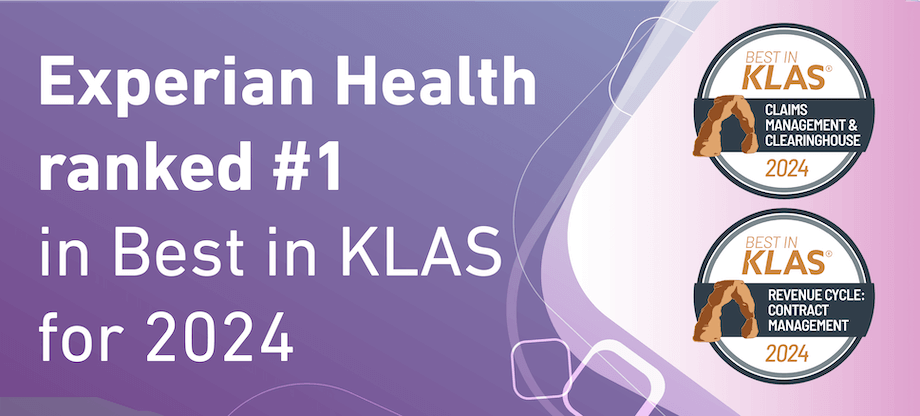Reduce denials with automated claims management
Processing claims is one of the top contributors to “wasted” healthcare dollars in the U.S. In the latest Experian Health survey, 68% of respondents say submitting “clean” claims is more challenging than a year ago. Additionally, 90% of claim denials are still reworked with at least some human review before resubmission. (Report: State of Claims 2025)
See how our integrated products work together to automate your claims workflows and improve your healthcare claims management process.
- Accurately and quickly submit clean claims for reimbursement
- Decrease manual work through automation
- Eliminate costly, time-consuming rework







